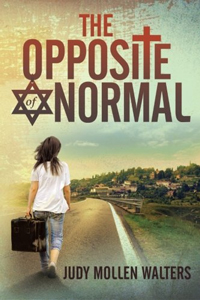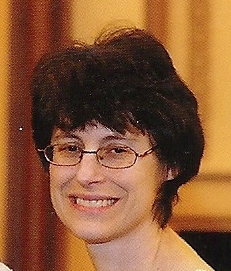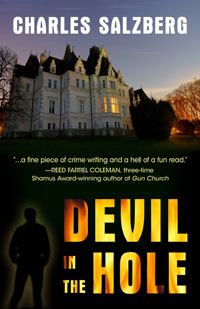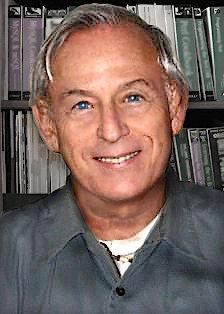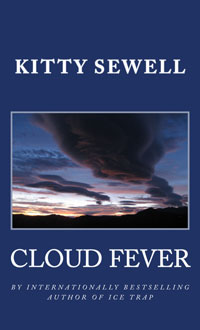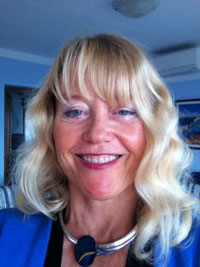Carpe Diem: Windy Lynn Harris
For some reason, this song is in my head as I share Windy Lynn Harris’ brave and insightful post. (It might be because Windy looks a little like Kacey Musgraves, but that isn’t the only reason, I promise.) Below are some thoughts about writing and risk. When’s the last time you took a risk? Yesterday? Years ago? Five seconds before? If you fear taking risks, ask yourself why. Because in the wise words of Windy, the other side of risk is not success or failure. It’s accomplishment.
Take a Risk (or lots of them!)
Writing conferences and craft classes are important for a writer’s growth, but there’s something about heading off the map with a few other writers that can boost your creativity and encourage you to bloom like no other experience can. I have three dear writing friends who feel the same way. Twice a year we head to a remote area of northern Arizona for a writing-related getaway. Last weekend we did it again.
These writing friends and I have completely different writing interests and goals, but we all love the written word. At the getaway cabin, we wear yoga gear and pajamas. We cook meals together, do writing exercises, drink wine, meditate, study short stories, practice yoga, write poems, hike, read, watch movies, trade writing magazines, share book recommendations, and push each other to take new steps on our writing journey. We get talking about this writing life and what we want from it. This time around, we talked about taking risks.
Risk. Ugh. The thought of risking myself makes my pulse pound.
Risks are scary and uncertain, and are my least favorite part of being a writer. But risks are important. Important enough to discuss at a cabin in the woods with three trusted writing friends. One of us suggested we make a list of all the risks we took in 2013, as a way of looking at our creative life and what we’ve been willing to do to honor it. I blinked a few times and bit my lip.
She said it could be anything, even something small. Something you did without knowing where it would lead.
The first few things on my list were boring and non-writerly (I cooked with kale!), but after a while I wrote these down too:
- I finished a new draft of my book
- Took a class about scene development
- Sat with a literary agent and told her about my book
- Set clear boundaries around my writing time
- Queried other agents about my book
- Wrote something sexy
- Embraced social media
- Studied poems
- Added meditation to my writing routine
- Pitched myself as a guest speaker for writers events
- Started a new book
- Wrote short fiction
- Met new writing friends
Finishing that book was the most time-consuming risk I took. Telling a literary agent about it was the scariest. Starting a new book project was the most interesting and making new friends was the most fun. While we shared our risks out loud, I noticed that the items we’d listed didn’t really sound like risks, now that we’d already done them. They sounded more like accomplishments.
Which, it turns out, was the point of the exercise.
We decided that risks don’t have to be big things either. They are those times when we type out a clunky first draft hoping it will become something readable, and the hours spent revising a chapter that might not make the final cut. Risk is when we chose to stay in the chair and keep going even when we think it isn’t working. Risk is when we write and write and write without any guarantee of success for our efforts.
Luckily, risk does pay off for writers. When we take ourselves seriously enough to try something new or stretch ourselves beyond our writing-comfort, amazing things happen. We become better writers. Braver writers. Writers who eventually land bylines and and book contracts.
Risk might just be the most important part of this writing life, and something that we should embrace on a regular basis (a thought that has my pulse pounding again). But I’m not feeling nervous this week. Instead, I’m excited. Time at the cabin with supportive friends has renewed my excitement for this writing life, and I’m ready to tackle a whole new list of risks this year. I hope the same for each and every one of you.
Windy Lynn Harris writes short stories, essays, and suspense-filled novels. As a former weekly entertainment columnist for Nights and Weekends, Windy earned her first awards for short humor pieces. Her work has been seen in dozens of magazines across the US and Canada, including Raising Arizona Kids, Cahoots, and 34th Parallel.
She has shared her writing experience as a guest speaker with many Arizona writing groups, including the Phoenix Writers’ Club, The Professional Writers of Prescott, the Scottsdale Society of Women Writers, and the Arizona Authors Association.

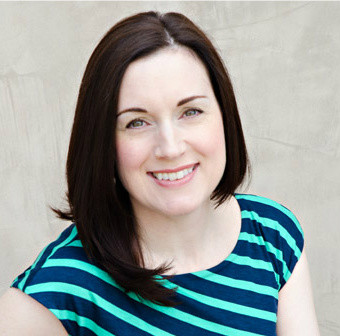
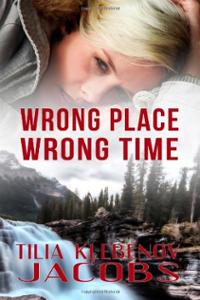
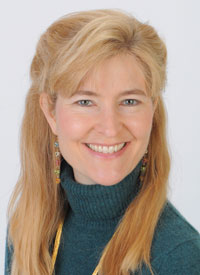
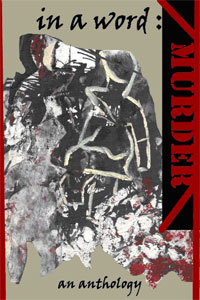
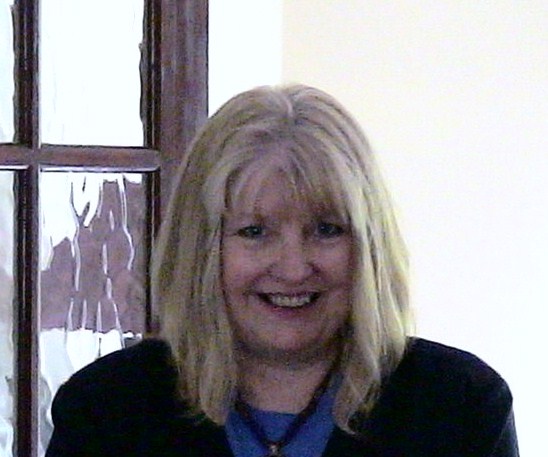
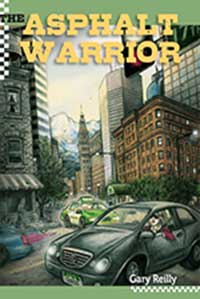
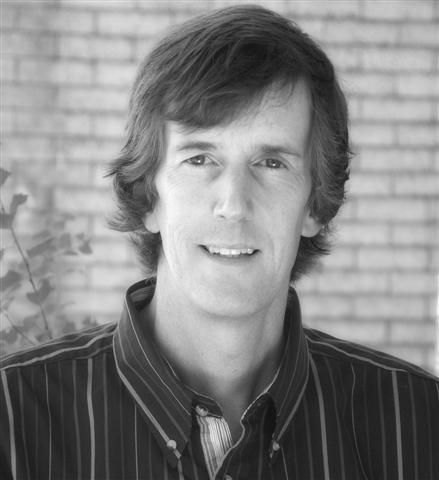
 Poetry on every poetry. We’re in the Presidio, in San Francisco, and Private Palmer is waiting orders to ship out to Vietnam. All he wants to do is drink beer and avoid “shit details.” Nearly 100,000 words of raw honesty. Gary drew on his own experiences (he served as an MP in Qui Nhon) and The Enlisted Men’s Club takes you smack back to the mood and the feeling of that messy political era.
Poetry on every poetry. We’re in the Presidio, in San Francisco, and Private Palmer is waiting orders to ship out to Vietnam. All he wants to do is drink beer and avoid “shit details.” Nearly 100,000 words of raw honesty. Gary drew on his own experiences (he served as an MP in Qui Nhon) and The Enlisted Men’s Club takes you smack back to the mood and the feeling of that messy political era.